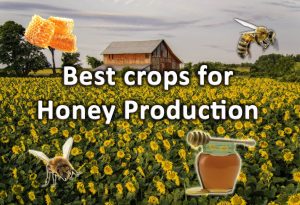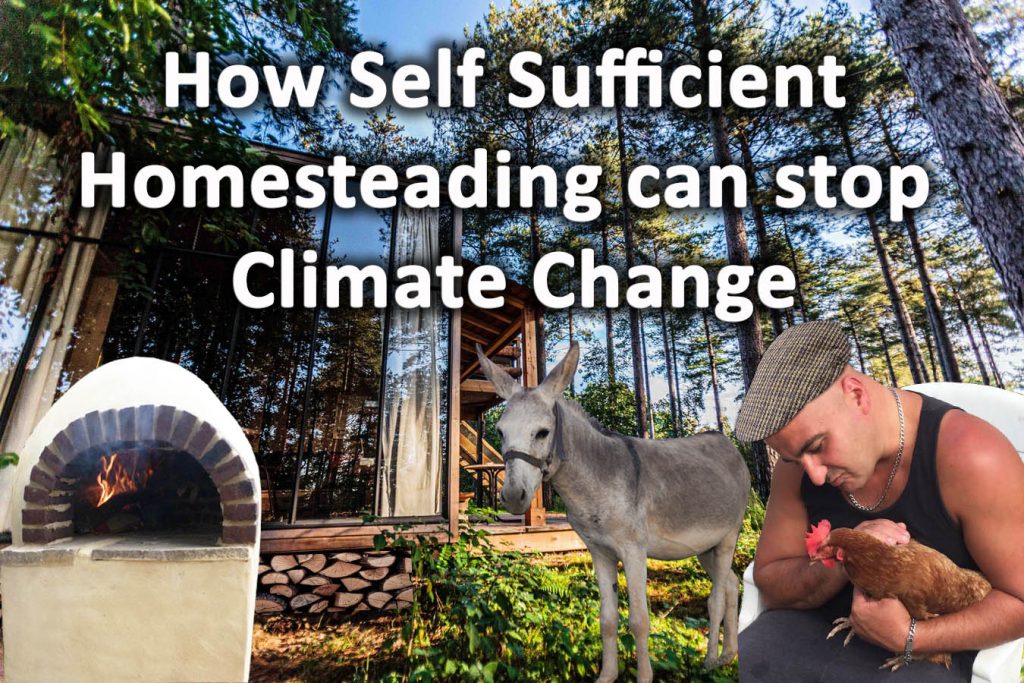Ever since our ancestors ventured out of the primeval forest 10,000 years ago we have always sought ‘progress’.
From small forest settlements to major cities, the achievements of mankind are truly breath taking! However looking out over our industrious sky scrapers and advanced societies it’s hard not to notice some problems. Wealth inequality is at all time highs, this is a health epidemic, obesity, homelessness and life shortening levels of air pollution.
A further look outside into the country sees vast expanses of green field’s, deserts of single monocultures. Sometimes these fields are not farmed at all with land owners paid not to produce anything.
Our uplands are windswept and bare, where are all the trees and animals? For a civilisation which is so advanced in Chemistry, Biology and Mathematics where is the ecology? Surely mankind knows we need ecosystems to survive right?
It is our ability to utilise fossil fuels for energy which has given us the means to expand. Up until the industrial revolution 200 years ago we have actually lived in relative balance. The countryside was an equilibrium of small farms, meadows and woodland coppices for fuel.
Small farmsteads are more sustainable
These historical landscapes were actually very bio diverse and productive. The interconnected farmsteads were spread out evenly across the countryside creating a patchwork of landscape diversity. This was so people could manage the landscape sustainably recycling nutrients, growing and harvesting food crops.
These societies had close bonds and enjoyed a rural lifestyle but more importantly they were sustainable. Many people are under the illusion that we will keep on advancing ‘prosperously’ after fossil fuel depletion.
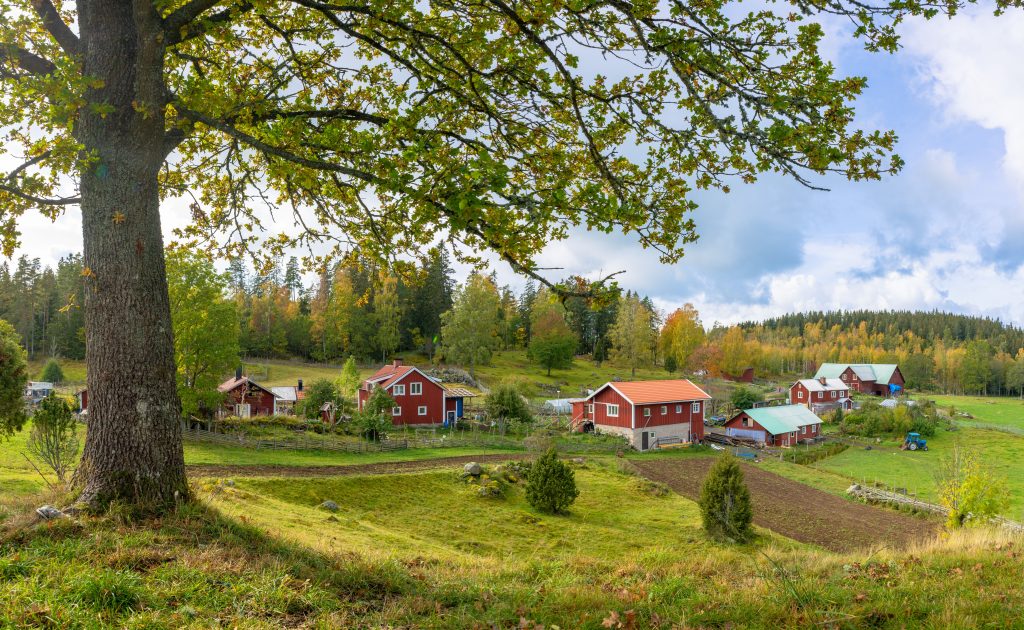
This is simply a fantasy as scientific laws will eventually show us that how we are living is completely unsustainable. In order for humans of the future to live within their means they must live off the sunlight energy of today.
The only way to do this is stop destroying ecosystems and look to the land for sustenance. By ruralisation and adopting sustainable farming once more we may have a chance of beating climate change for good.
Perhaps self sufficient homesteading can give us a new existence where we live within our means. A life integrated with habitats, forests, organic food and vibrant, local communities. In this article I will explore how self sufficiency and homesteading can help to stop climate change.
The Climate Crisis
If there is a news headline that simply never seems to go away it is the ‘climate crisis’ or ‘climate emergency’. However a change in climate is actually only part of the story when it comes to modern, environmental concerns.
Sometimes these other are skimmed over or not really even reported upon. The main reason for this is Climate change is something that could be diverted without necessarily changing current economic models.
The truth is modern economies thrive on the exploitation of natural recourses. This unfortunate fact has led to mass deforestation of rainforests and biodiversity extinction.
Modern agriculture fertilises crops with chemical compounds derived from fossil fuels. Not organic fertilisers as we all like to believe! There would not be enough usable land on the planet to feed the current world population if that were indeed the case.

Hence regardless of this alarming reality many people are not aware that we have a very big problem! Everywhere you go everything you see and do is living on borrowed time!
I often wonder why unsustainable farming and biodiversity loss is rarely reported upon. The truth is talking about atmospheric carbon and climate change fits the big businesses narrative.
When you observe just how much tax revenue goes into renewable energy the picture starts to build. Electric cars, solar energy, tidal power, wind farms all big business and guess what, they are ‘given’ you’re hard earned taxes.
Renewables rely on fossil fuel economies
They do not talk about the energy debt these technologies hold and all thanks to fossil fuel energy. You have to ask yourself a simple question; could these ‘renewable’ energies support their own footprint without oil?
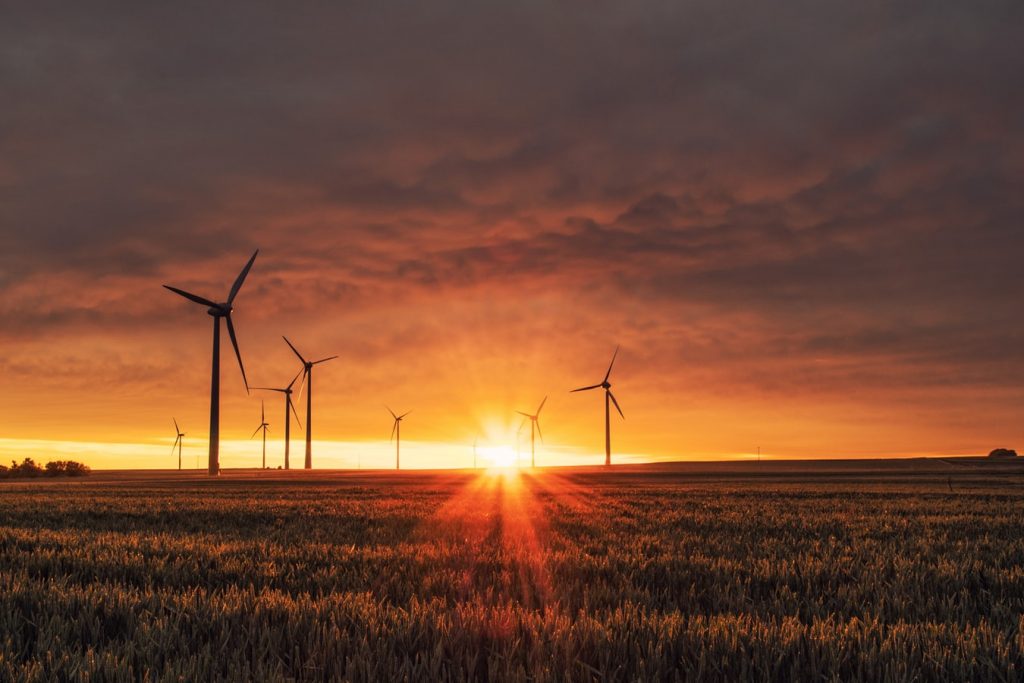
Could we feed current populations without oil? No! The fact is they want to over regulate small business so we all buy their electric cars! The system is even trying to make profit out of its own downfall!
Simply planting trees is a much better strategy for the environment but there is no money to be made. They don’t tell you about unsustainable farming or biodiversity loss. If they did they would have to face uncomfortable truths about the economic world.
There is only two ways you can really stop climate change, mass habitat restoration and sustainable farming. However for both to become possible they would have to become integrated. Not only that, human settlements would also have to be integrated amongst these in low densities.
The problem with cities
Fossil fuels have allowed human civilisations to become separate from nature. Vast areas of expansive, green desert all feeding into nucleated densities of farmed humans working the economy. The problem is this system relies upon copious amounts of energy to work.
The complex cobweb of supply chains, markets and transport links are all saturated in oil. Not only does this system consume energy it distances us from our food source. Cutting the distance from your home to your food is one of the most sustainable things you can do.
Not only does it reduce food miles it gives you control on what you put in your body. Most countries in the world at least try to implement national health care of some form.
Why would you take health advice from an organisation that profits when you’re ill? Then why would you buy food from a supermarket that produces cheap rubbish? Isn’t what we allow our families to put into their bodies the most important commodity? Even though most of our capital is spent on inflated assets such as houses and new cars.
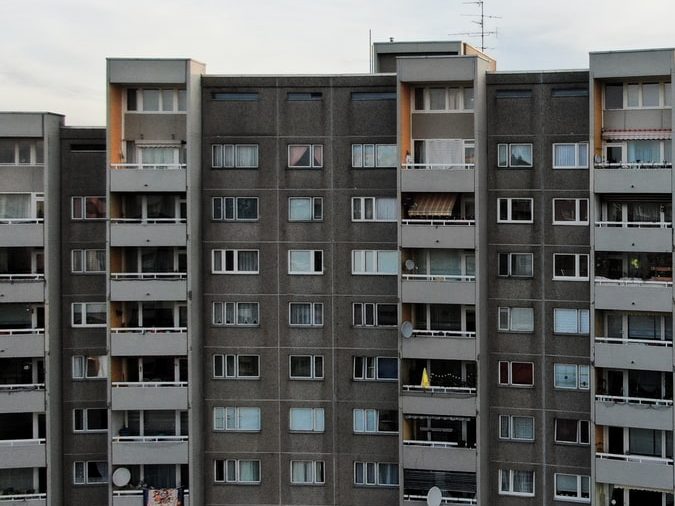
Not only do cities encourage an unhealthy diet they are also detrimental for health in other ways. Air pollution kills around 7 million of people worldwide every year.
Yes 7 million that’s a truly terrifying figure and shows the extent of the problem. Where would you rather live a city or the countryside? Cities and high density living environments also have the highest levels of mental health problems per capita.
Bearing this in mind surely there is a strong case for a more spread out population into countryside? Not only it is good for the environment it’s also better for our health.
The problem with modern agriculture
The biggest hurdle we currently face in tackling climate change is modern, mechanised agriculture. Anybody who understands how basic crop growing works, will sympathise with our current dilemma.
If you try to grow vegetables on the same piece of ground year after year they will slowly cease to produce crops. This is because soil minerals and nutrients have been depleted by the crops. This is simple biological mathematics; energy and nutrients in and energy and nutrients out.
Hence before fossil fuels all soil fertility was built from animal manures and crop rotation. These ‘organic methods’ of fertiliser meant some fields had to be left to rejuvenate or go fallow.
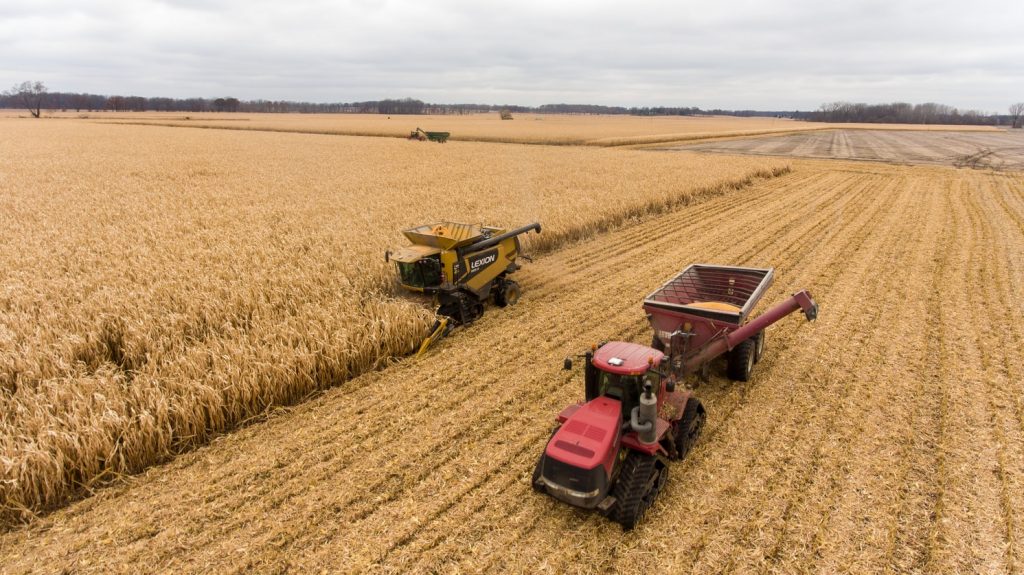
However modern agriculture gets around this by replacing essential organic nutrients with chemical ones. The nitrates, phosphates and potash needed for healthily plant growth are extracted from oil.
This rather disturbing problem means our food is also completely reliant on a fossil fuel. So next time a politician promises you electric cars and solar panels will solve climate change, ‘think again’! Its not true!
Much of the rainforest felled in South America is farmed to produce ‘Soya beans’. These once rich ecosystems are now being massed farmed to produce protein rich beans.
These beans are processed into cheep animal feeds to produce animal products for world markets. The whole system is being propped up fossil fuels and if we don’t stop we will fail to save the planet.
The only way we can do this in practice is if we start up sustainable, farming, societies. Yes self sufficient homesteading combined with ecological food forests is the only way!
A failing economic system
If there is one thing that has become abundantly clear it is our economic system is damaging the planet. The very nature of our system exploits natural resources as if they are a free to plunder with no value.
However moods are changing as more people also realise how priceless they are. In recent years we have started to see the reality of what our economic system means. Generally the rich seem to get richer and the poor just gets poorer.
The traditional idea of trickledown economics allows poorer classes to benefit from economic growth. However with millennial generations laden with student debt and a lack of quality jobs is it working? It is almost impossible for these generations to climb out of the economic whole they have been left.

Millennials have been priced out of buying homes and in many cases starting families. All of the economic benefits their parents enjoyed have been slowly eroded away. The final insult has been to look on helplessly while the world’s ecosystems are being destroyed. However if there is one thing history has told us you can only push people so far.
The younger generations of today are much more conscious of environmental issues. There still may be hope to restructure a failing economic system which destroys the planet. Such a change would recognise the economic value of natural ecosystems and habitats.
Unsustainable housing
One of the biggest problems particularly facing young people is housing. Especially Western countries have opened up there housing markets to the whole world! This is to cash in on their ‘general’ political stability.
This has allowed overseas investors to buy out local communities many times with dirty money. Governments look away while promising new homes and admiring their large rental portfolios. Unfortunately for them their legacy will be a failed, delicate, economy propped up by a dysfunctional housing market.
And who feels the brunt of all this, once again it’s the younger generations of course. The Covid 19 crisis showed just how prepared governments are to load future generations with crippling debt. All to prop up an already failed economy which it is only set to get worse. The current debt to GDP ratio is the largest it’s ever been, we are indeed, in unchartered waters.
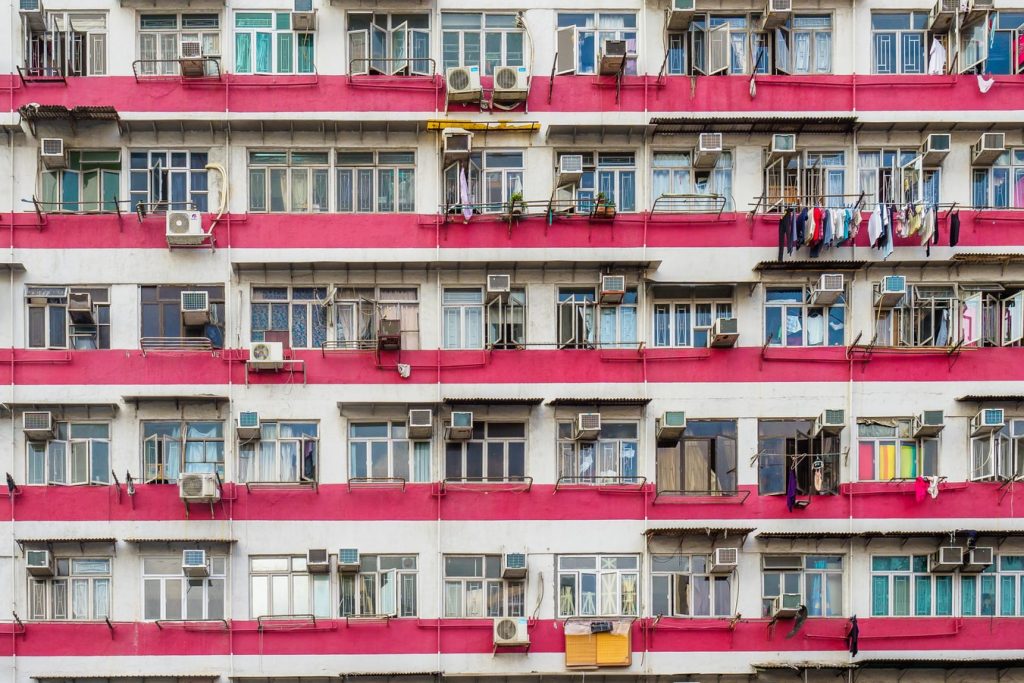
The truth is what we really need is a new radical plan to build more ecological, social housing. Not the high density ghetto failures of the past but high quality, low density, eco homes. These, new communities could be subsidised in regard to their own ecological footprint.
This makes more sense than relying on an economy separated from ecological laws. By providing people with sustainable housing they will have the tools they need to become self sufficient. Large swathes of the population can become ecosystem managers and food producers.
We could lead the world in regenerating communities with ecological and sustainable production. Organic farming combined with mass habitat restoration and a new ‘green economy’.
Fuel poverty
One of the greatest threats to modern economies is fuel poverty. There is no doubt at the current rates of fossil fuel consumption supplies will one day run low. When this happens it will spell serious problems for those already living on the edge.
Currently we are a long way from renewable energy taking up the slack. In the future we will need to become completely self sufficient in fuel. Not only will this depend on renewable energy it will also mean farming it.
In a world of hyper inflated fossil fuel prices our buildings and communities will need to produce their own fuel. This would mean biomass production and harvesting within the landscape.
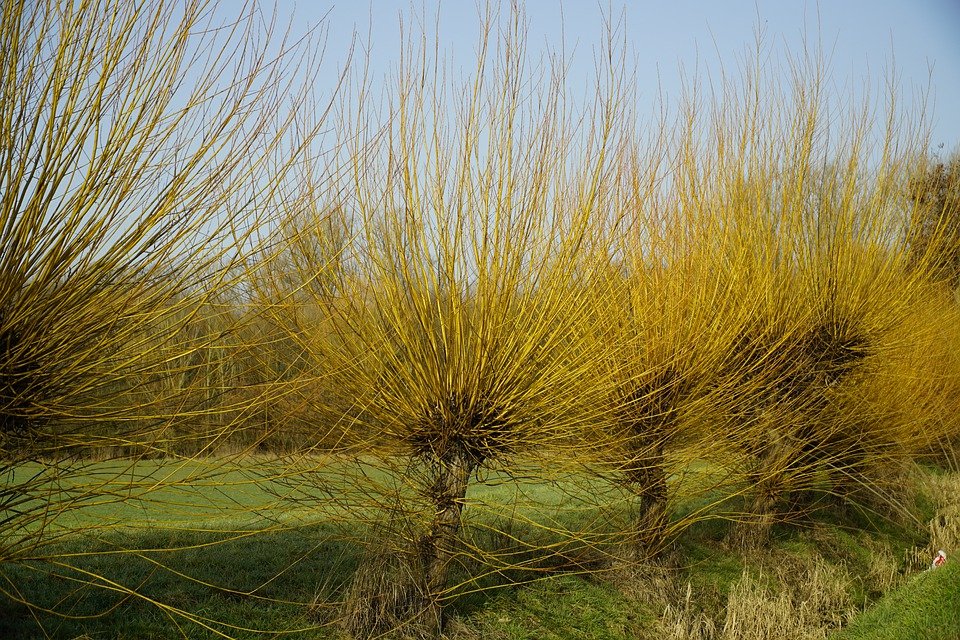
This could be in the form of useful crops like Hemp, Miscanthus or coppiced woodlands. Coppice not only provides fuel it also helps to sequester carbon and provide wildlife habitat. Coppice woodlands are typical of self sufficient communities all over the planet.
Understanding individual human impact
If we are actually ever going to successfully beat climate change we need to understand our individual impact. Typically this is perceived to be too complicated for the average person to do. This is because we have always confused carbon foot print with ecological footprint.
You have to contemplate yourself as a self sufficient farmer surviving in your simplest form. Hence if you were to farm your own food how much land would you need? How much land would you need to grow wood fuel? What diet would you eat?
How much land would you need for a sustainable water source? Your lifestyle would dictate these factors but with them you would discover your ecological footprint. This is the direct measurement of the natural resources or land area you need to survive for a whole year.
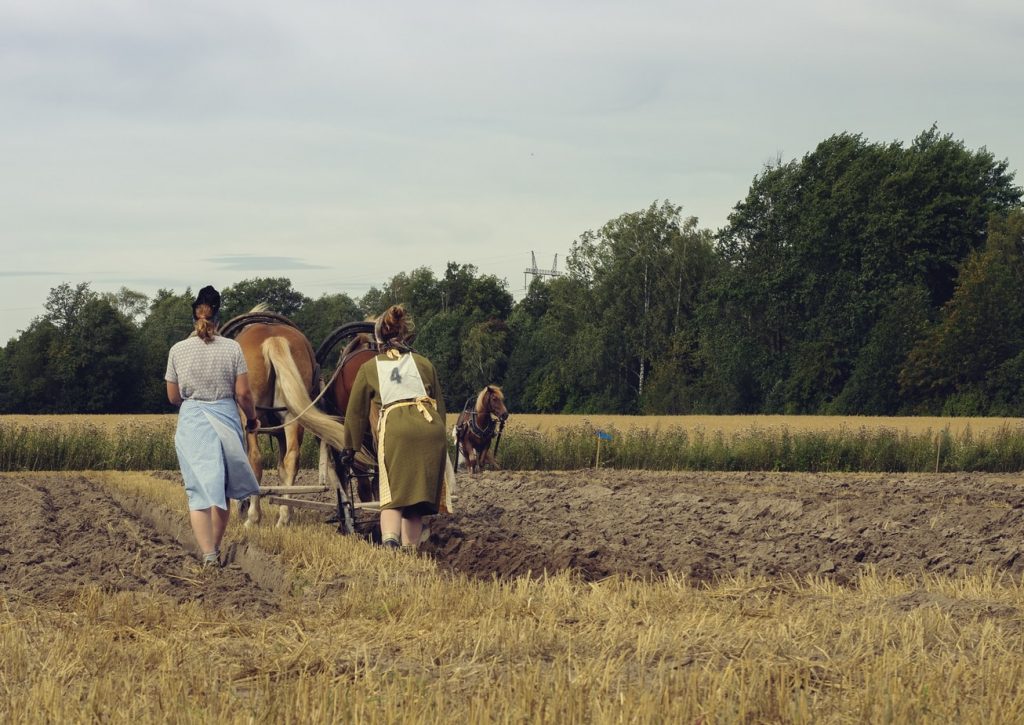
This will become larger or smaller depending on lifestyle choices. Understanding your individual impact in these simple terms can make your life much more sustainable. When living a self sufficient lifestyle you are much more likely to understand these dynamics. Why not read our in depth article on the subject here.
Living within our means
By understanding our individual impacts we can get a better idea of how to live within our means. Ecological footprint cuts out all the noise and gets to the basics! There is only one thing that keeps us alive and that is ecosystems.
Ecosystems are coexisting organisms which harvest the suns energy for consumption. When we understand this we further understand how to live within our means. The products and services we rely upon every day all consume ecosystems. Think about the multi layered, complex, relationships which are stacked on top of ecosystems.
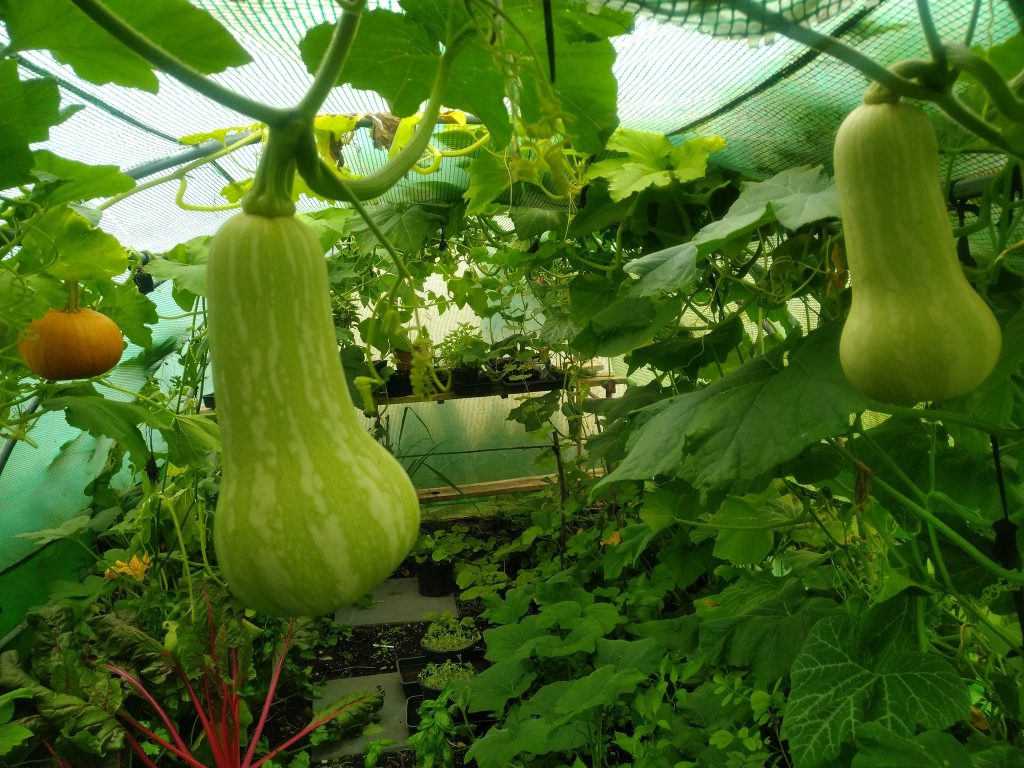
Without ecological health and sustainability we would not exist. Therefore in order to stop climate change we must stop burning carbon and cutting down forests. The best solution for living within our means is to work the land to provide sustenance.
Access and distribution of land
It is appalling that many privileged westerners turn their noses up at poorer, self sufficient farmers. Most of the time people forget we were the same only a few generations ago. It is sometimes hard to imagine a life without modern society but it really hasn’t been here that long!
We are talking half a century, if that and believe me we could be going back sooner than we think! Many poor, farming communities are more sophisticated than we could imagine. When travelling India I was inspired by the people of the Mumbai slums. These populations lived in ‘unofficial settlements’ at the edge of the city.
They would often work in the town centre sometimes with very good jobs! However these communities living in manmade shacks had nothing provided from the state. The women would raise chickens and goats and grow vegetables. There were council meetings where they would work out campaigns for utility installations. These are very sophisticated people they are just not lucky to be born elsewhere!
However one thing they do have over us is a level of security. Even though they don’t own the land they live on they can produce food and utilities for their families.
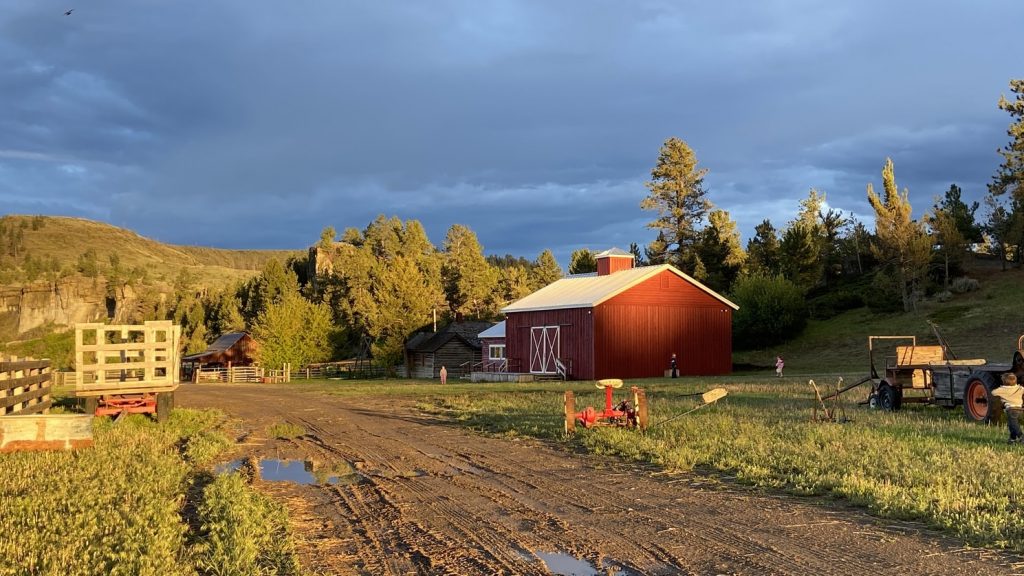
I wonder if that’s the same for the average American? If the shops were empty tomorrow could you survive? Is that really freedom?
By taking away the ability to produce food for ourselves we are forced to rely on the system. Access to farm land should be a basic human right. Nobody should have the right to own large swathes of land to the determent of others ecological footprint.
A society which beats climate change will also be a society which embraces self sufficient living. In so doing we can also tackle wealth inequality which maintains the destructive status quos.
Reducing food miles
One of the most fundamental parts of tackling climate change is to reduce food miles. This is quite simply reducing the distance between your home and where you food is produced. Not only does this eradicate the need for intensive farming it cuts out complicated supply chains.
The most efficient way to go about this is to promote ‘local food production’. However the best way to reduce food miles is to produce your own food at home. This way you can enjoy your very own organic produce and even utilise it as local currency. Self sufficient homesteading is a great way to do this and boost your local economy.
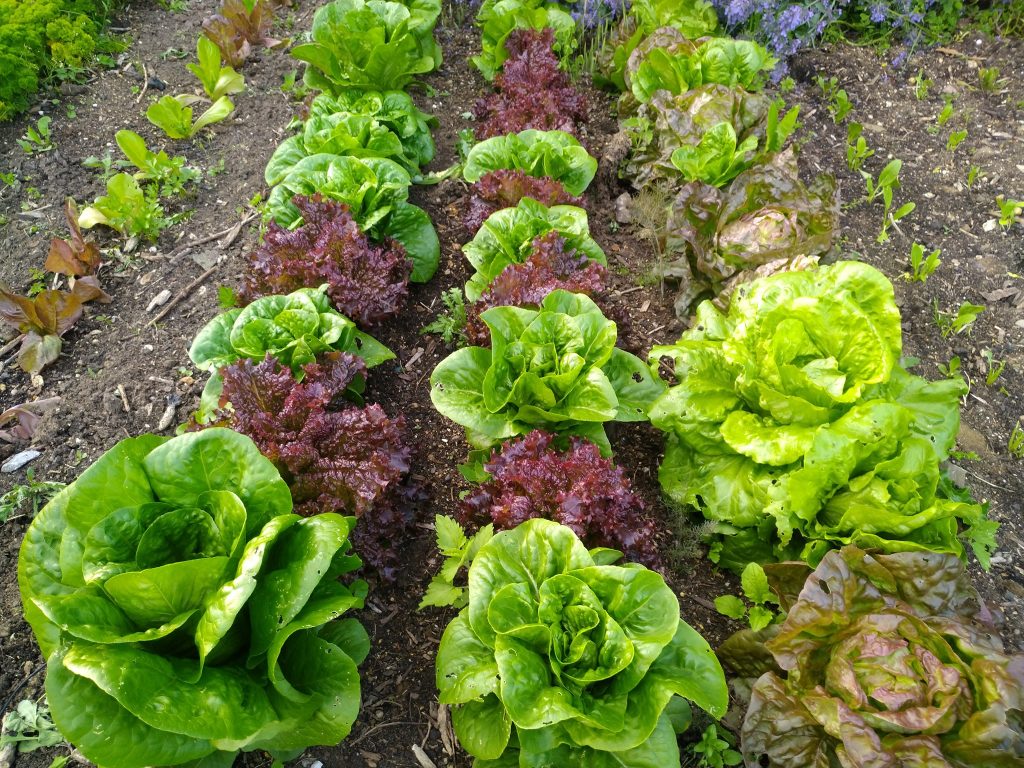
Reducing waste
A huge scandal which has had much attention in recent times is plastic pollution. Plastics are another product of fossil fuels and are pretty much used in everything. From food packaging to medical supplies you cannot escape them. Some of the saddest scenes on our televisions are majestic sea creatures dying from ingesting waste plastics.
Plastic bags in particular look very much like their natural prey. The result is huge amounts are ingested by whales and dolphins every year. Tiny fragments of plastics break down into particles and are also ingested by small fish. As these are eaten by bigger fish substantial accumulations build up inside their digestive tracts.
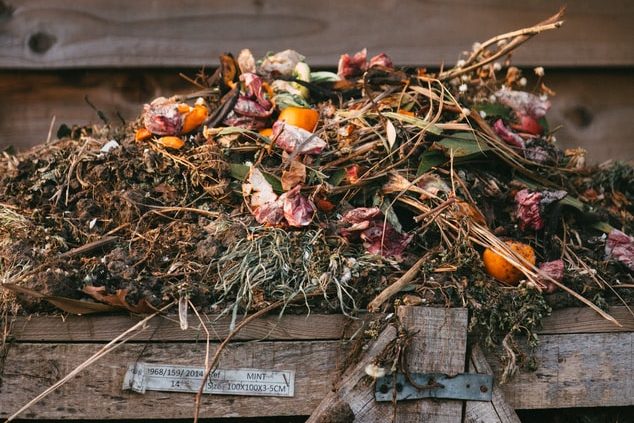
Distressing scenes in nature documentaries have started a dramatic change in attitude. Producing products without plastic packaging is a real problem. We have come to rely on this cheap, durable material which is impervious to hydrated products.
Its most extensive use is in packaging supermarket foods. The solution to the problem once again lies in ‘local food production’ The type of food production that can become a reality with self sufficient homesteading.
A need for carbon sequestering
A huge catalyst for the acceleration of climate change is atmospheric levels of carbon. Such carbon raises global temperatures and acidifies the oceans. Rising atmospheric carbon is a direct result of burning fossil fuels which is still accelerating.
Some of the largest biological stores of carbon are within forests which are being cut down. The only thing we can do to reduce these high levels of carbon is to grow more trees. This may be difficult in other nations but western countries should start to set an example. By large habitat restoration we can undo the damage we have done in the past.
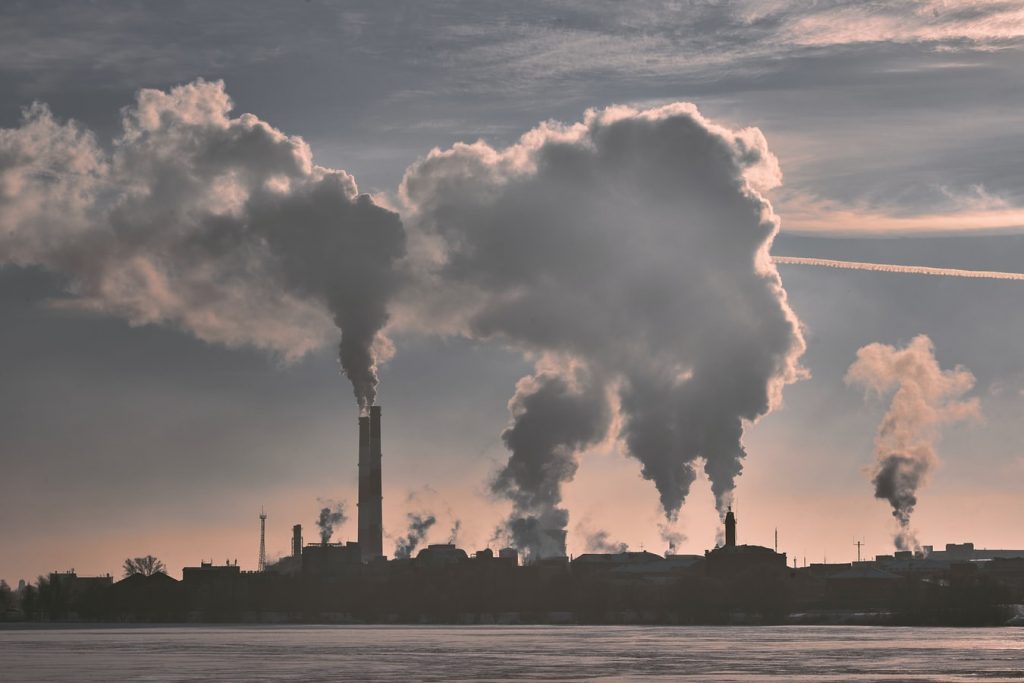
By planting new forests we can reintroduce wilderness species which once roamed our lands and reduce carbon. This could also encourage a new ‘ecotourism’ industry for rural economies. Self sufficient farmsteads could also plant ‘Agroforestry‘ and food forest plantations.
These plantations could produce food crops as well as sequester more carbon from the atmosphere. Forest farming could also produce mushrooms, ‘perennial vegetables‘ and hunting opportunities. These could not only reduce climate change but also help us to produce food into the future.
Agroforestry & Permaculture
Agroforestry & Permaculture are both methods of sustainable food production. Although slightly different in their approach they both strive to work alongside nature. They do this by creating more an ecosystem than a farm. Very much like woodland they capture sunlight on many canopies to produce crops.
These ‘food forests’ require no annual ploughing or mechanical processes for harvesting. These permanent food systems therefore do not require large amounts of fossil fuel energy. By working on the principles of natural decomposition, soil fertility is accumulated gradually.
This is done by encouraging soil ecology to thrive. The result is a wild forest full of edible nuts, fruits, vegetables and tubers. Due to the difficulty of harvesting these systems mechanically they are not compatible with modern farming techniques. However they are probably our best chance to produce food without fossil fuels.
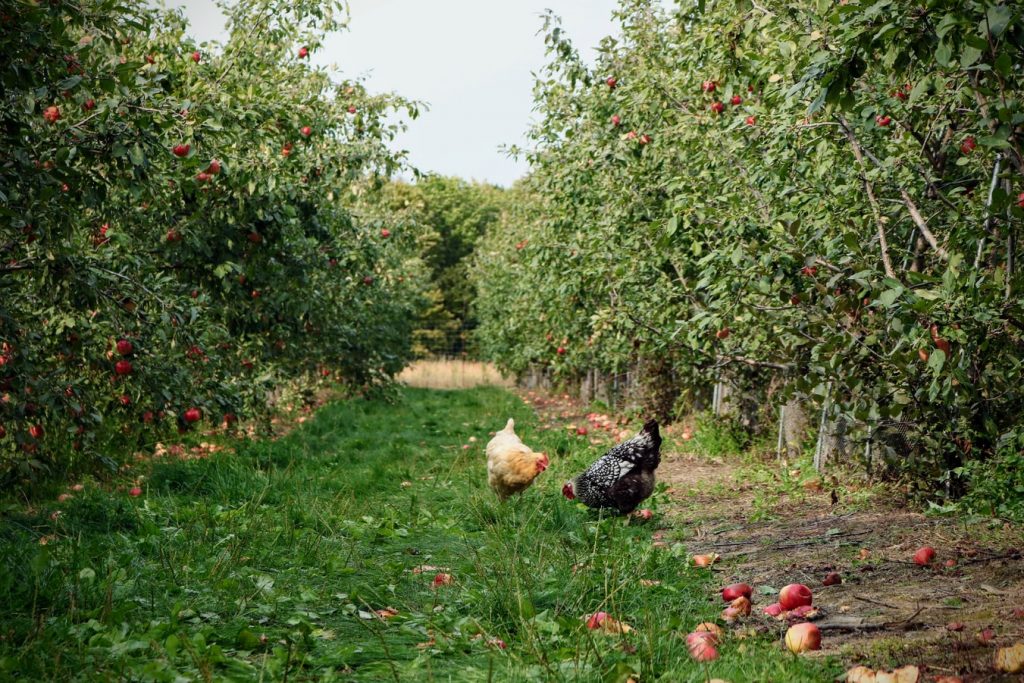
Not only are they productive they also boost biodiversity and sequester large amounts of carbon from the atmosphere. It is claimed Agroforestly and permaculture systems can feed up to 10 people an acre.
While modern farming on average can only feed 5 people per acre and require much more energy input. These systems could easily be incorporated in and around homesteads and connect wilderness, forest zones.
Re-forestation
The simple fact is governments are going to have to grow more trees if we want to stop climate change. Not only will this lock up carbon it will also allow ecosystems to thrive once more. It is very feasible to manage such new woodlands as ‘coppice’.
This will provide dense vegetation for game security and give woodlands an open structure. It will also help to encourage diverse ‘eco-tones’ such as glades and open scrubland. Upland and moorland areas will be forested to capture carbon, provide ecotourism and sustainable timber.
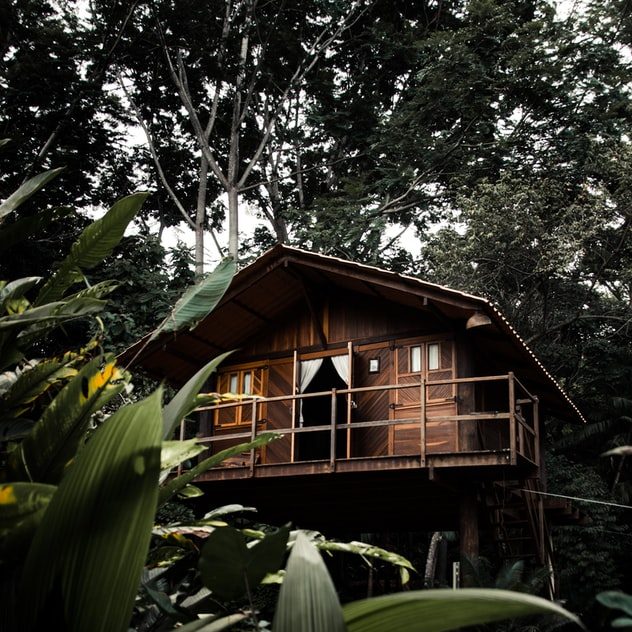
Wilderness homestead communities can manage these new forest reserves for conservation purposes.
Habitat restoration
Instead of the countryside being large, expansive areas of grassland diverse and wild habitats could be restored. This could lead to new extensive, wetlands and a more diverse patchwork of habitat types. Since the draining of wetlands for agriculture 100 years ago we have since learnt the mistakes of the past.
Upland forests and wetlands actually act like a sponge absorbing rain water and releasing it slowly. This reduces flash flooding downstream and excessive land erosion. A greater understanding of ecology has taught us that certain native species can be beneficial. For example the beaver helps to provide the damping of steams.
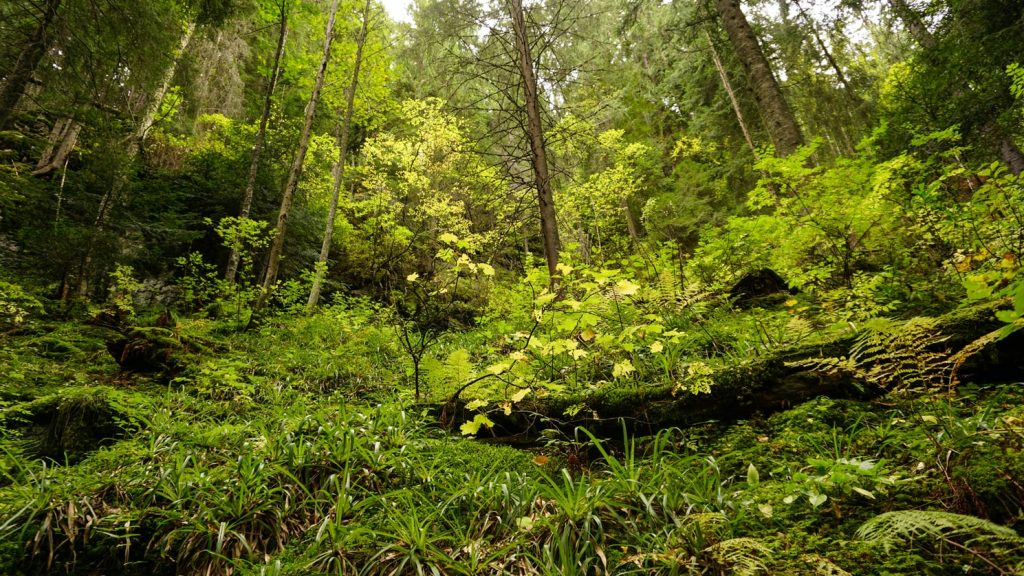
This turns them into large ponds which creates fresh water habitat. The cutting down of trees around the waters edge allows sunlight to reach the forest floor. This then encourages dense vegetation which provides more habitats for other species.
Habitat restoration can help us to manage the landscape and enhance it for both people and ecology. Self sufficient homesteads can be integrated into these habitats with occupants working as habitat managers.
A green economy
One of the only ways we are going to halt climate change is change the way our economy works. One of the ways we can do this is by placing more value on natural habitats. Households should be subsidised for minimal ecological and carbon footprints.
Quite frankly families should be rewarded for growing their own food and providing for themselves. For years we have subsidised land owners to do nothing now we can subsidise sustainable living! This way we could lift millions out of poverty for whoever wants to participate. Subsidised, rural housing with good internet connection so many can still work from home.
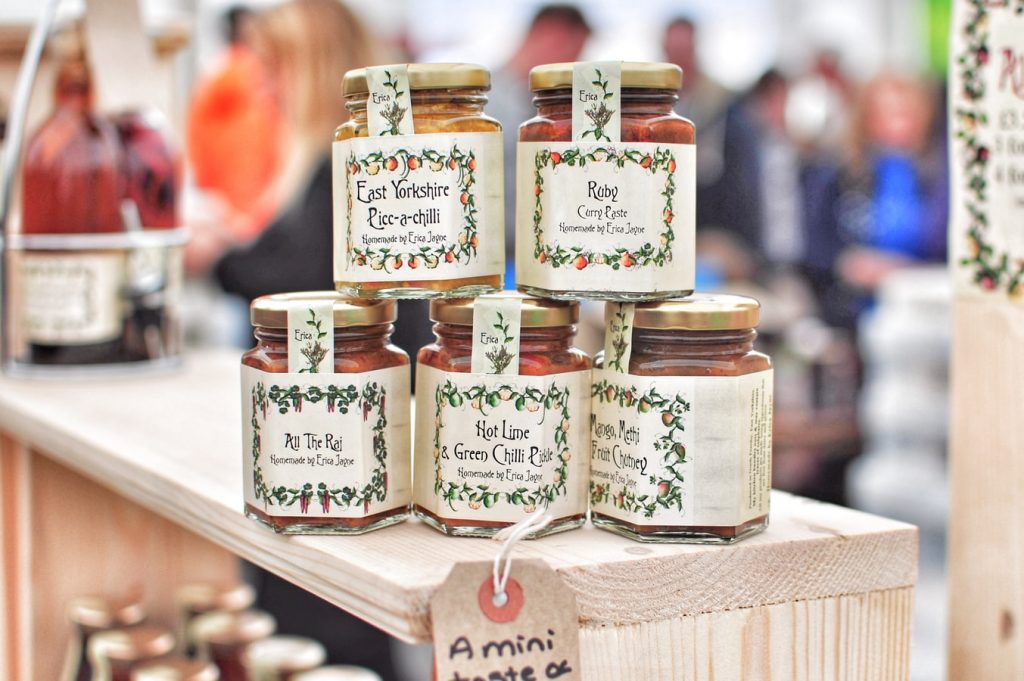
Families that were self sufficient would benefit from very cheap rents and energy bills. A way to stop climate change is to remodel the economy around ‘less consumption’. Conservation, biodiversity and local food production will become the new, real assets.
A changed sense of social mobility
Historically people’s idea of doing well and progress has been material wealth. We have all grown up with these very subtle constructs fed to us since childhood. However most that experience wealth and money actually are very unhappy and unfulfilled.
This is because they have a superficial view of what life is really about and what fulfilment entails. The truth is people work hard all their life to build wealth and it rarely provides fulfilment. However we do know that people are happier when they are more physically active and exposed to nature.

If mindsets can change from money to ethical living we will be 90% of the way to beating climate change. Self sufficient homesteading could provide us with a new community lifestyle. This self sufficient living would focus around fresh food, exercise and becoming immersed in nature.
Improved mental health
It has become apparent that mental health problems are at an all time high particularly amongst the young. A lack of suitable housing and jobs has led to much lower living standards. Social media has reduced the need for human contact leading to excessive isolation.
Add to this to the fact that high density living has been shown to be bad for health. It is understandable seeing that animals confined to small spaces suffer a declined state of mental health. This is also the case with bleak, concrete cells.

My question is therefore why are we doing this to people? Even the UK has about a square acre of land for every human living there. Most people however live in tiny, high rise dwellings in the middle of the city.
Self sufficient homesteading can allow people to live more spread out across the landscape. This does two things; exposes them to nature and allows for a more active lifestyle. Both of which are essential for positive mental health.
Reduced obesity
Obesity is a growing problem in western countries and is growing rapidly increasing every decade. Sedentary lifestyles are becoming the norm especially with the rise of digital entertainment. It is not uncommon for young people to spend all day glued to their smart phones.
It is a known fact that being physically active when young can help your health and fitness in later years. It is never too late to become more active but unfortunately this is not the norm. Unfortunately being active for some is nothing less than a chore.
Hence it is important for you to find something physical you can enjoy. Gardening is a great example of a fun activity which can burn a lot of calories. Not only do you get exercise you actually get to see results for your effort.
Self sufficient farmsteads across the world have some of the fittest and most robust population on the planet. A combination of crop growing and animal rearing means they burn a lot of calories daily. This means they have less body fat percentage and have greater cardiovascular health.
A healthy diet
Studies from self sufficient communities around the world have shown they are in extremely good health. This is even the case in the much more senior age groups. People usually associate poor farming villages with shorter life spans. However this is usually attributed to other factors such as lack of basic health care and high infant mortality.
These factors more common in politically unstable countries across the world. However self sufficient farming in locations with less political unrest has much better longevity than western countries. In the Blue zones study this was found to be in part to a fresh organic diet. Self sufficient homesteaders know that it takes less land to produce a plant based diet.

This results in less physical labour and a diet which is predominantly made up of vegetables. Such a diet low in meat and free of agricultural chemicals means a much healthier diet. Not only does this boost longevity it also boosts the immune system and mental well being.
Jobs for all
Work is very good for the human condition and a sense of self worth. However much employment in today’s economy is generally unstable and can be unpredictable. This is especially so for the younger generations who also carry student debt.
Western economies have seen huge cuts to labour markets over recent years. One of the main reasons for this is automation. Every decade artificial intelligence and machines become ever more advanced. This means they are slowly replacing the work force. This is leading to an even wider gap between the rich and the poor.
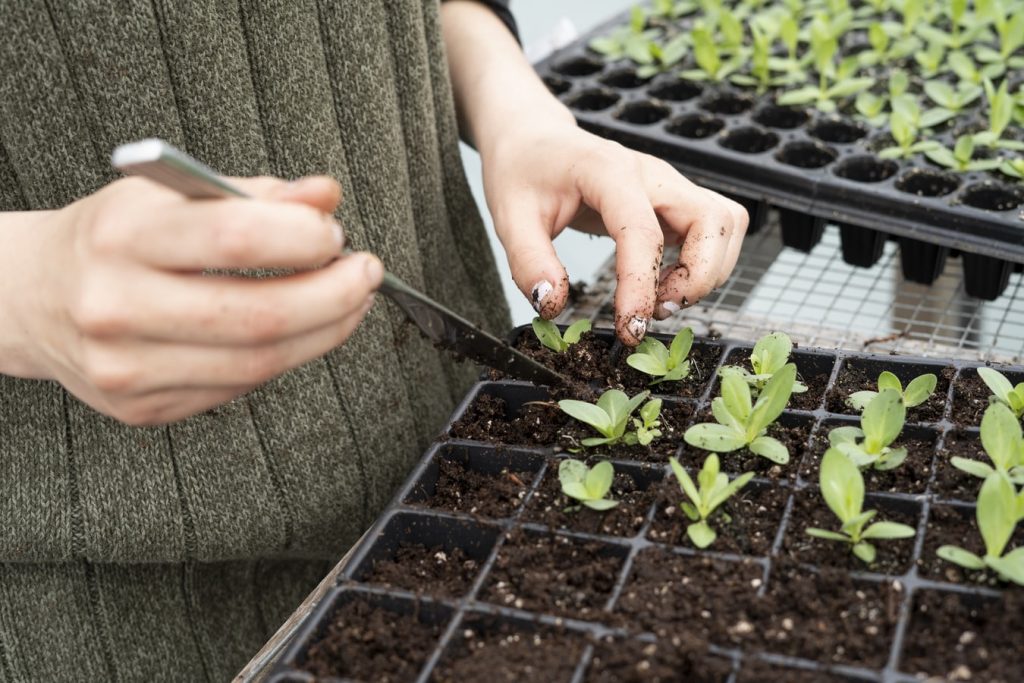
This is leading to corporate giants becoming larger and larger. This puts downward pressure on wages and reduces living standards for the many. However when you study self sufficient communities around the world you find exactly the opposite.
There are always jobs to be done on a small farm! Even family members with learning difficulties and disabilities have things to do! From peeling potatoes to harvesting vegetables these can all be fun jobs for families to do together.
In an economy which only focuses around currency many find themselves redundant. When you are working for self reliance the opposite is the case.
An equal society that works for everyone
There is no doubt that society has become less equal in recent decades. In the future there is predicted to be more people and less employment. Therefore the question has to be asked what is the point? What is the point of destroying the planet?
The system is slowly making the masses poorer so why should we continue? Currently most people are relatively content especially people within the higher age bracket. Mass quantitative easing since the financial crisis has led to soaring house prices and a stock market boom.

This has made most people feel richer than they are and has maintained a high level of consumption. Such consumption is fuelled upon an ever mounting level of debt which is going to end in disaster. If history is anything to go by western democracies are soon to see the biggest asset bubble pop in history.
This will change everything and we will have to find an alternative method of making society functional. Most people do not want huge assets they want a secure home, a loving family and a healthy environment.
Self sufficient homesteading may not be the American dream but it could be a society which works for everyone. One that not only solves the wealth divide but actually manages to stop climate change for good.
Conclusion
The reason governments continually fail to tackle climate change is because it requires radical change. A certain amount of bold action and bravery is needed to take those first steps. The truth is the more radical the effort the more potential benefit can be obtained.
By transitioning to a more self sufficient lifestyle we could become healthier while saving the planet at the same time. Many accuse this idea of ‘taking us back to the dark ages’, however this is not the case. There is no need for the economy to stop completely.
What we need to do is give people the opportunity to take matters into their own hands. Affordable housing subsidised by ecological footprint would be a very positive thing! People need to transition their thinking from ‘net worth’ to ‘ecological balance’.

I personally believe we can all live in good quality, spacious, eco housing with land to provide for ourselves. It is much better to invest in this now why we still have a chance! Otherwise the alternative may be starting from scratch with no workable systems in place.
If ingenuity, investment and technology is combined self sufficient homesteading could be a reality for all of us. Not only could this stop climate change it could make people healthier, happier and provide a better world for the next generation.
What do you think? Is this all just mere fantasy or do you thick such radical change is what we need? Feel free to let us know your plan for stopping climate change.
Back to home
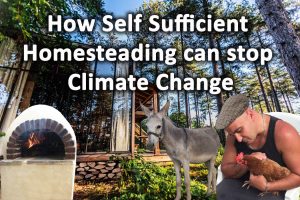
How Self Sufficiency and Homesteading can stop Climate Change
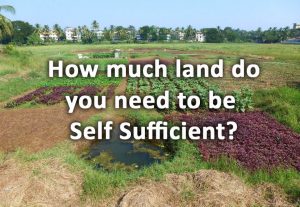
How much land do you need to be self sufficient?
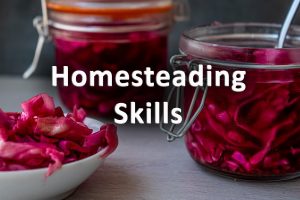
Homesteading skills, for Self Sufficiency
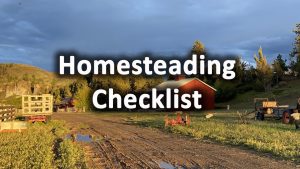
Homesteading Checklist for self sufficiency

A beginner’s guide to self sufficiency & its benefits
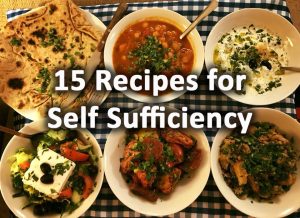
15 recipes for self sufficiency
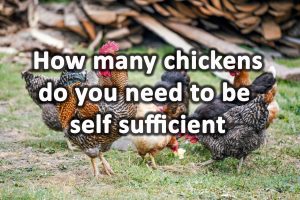
How many chickens do you need to be self sufficient?

27 foods you can forage for free near your home
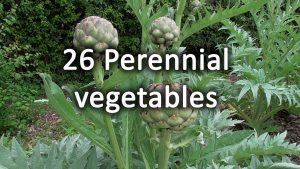
26 Perennial vegetables for the garden
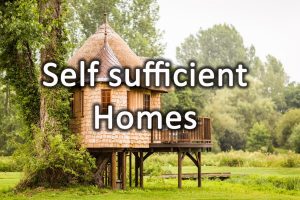
Self sufficient homes
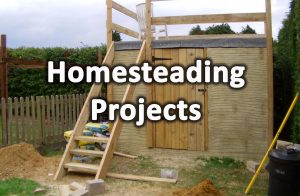
31 Homesteading projects
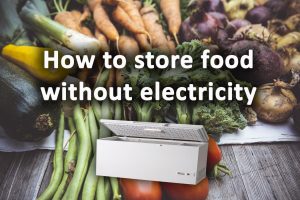
15 Ways to Store Food without Electricity
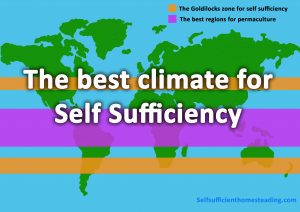
The best Climate for self sufficiency
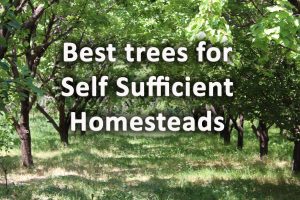
The most useful 22 Trees for a self sufficiency & homesteading
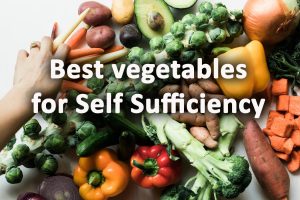
31 Vegetables for self sufficiency
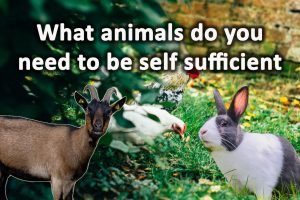
What animals do you need to be self sufficient?
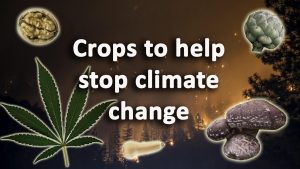
How to stop Climate Change with Crops – Crops for climate change
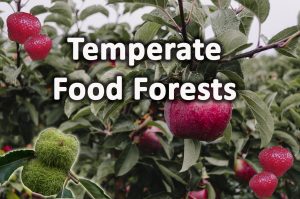
Temperate Food forests
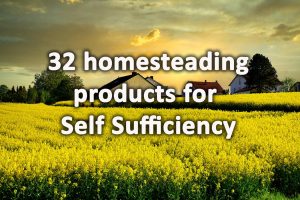
32 Homesteading products for self sufficiency
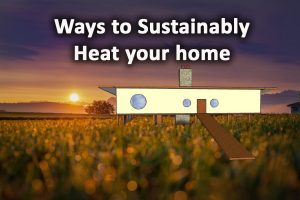
10 Ways to Sustainably Heat Your Home
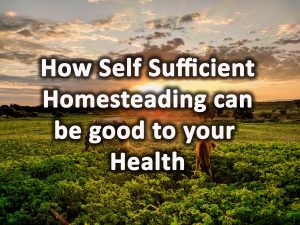
10 Ways self sufficient homesteading can be good for your health
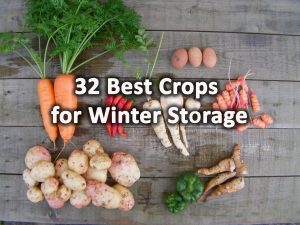
32 Best Crops for Winter Storage
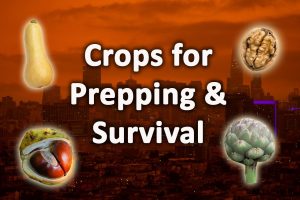
34 crops for prepping and survival
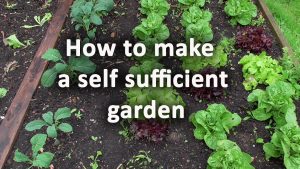
How to make a self sufficient garden
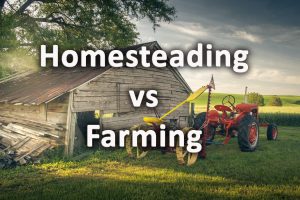
Homesteading verses farming what’s the difference?
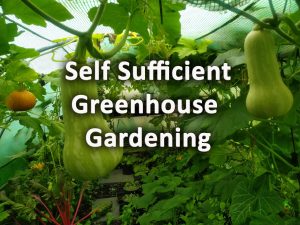
Self sufficient greenhouse gardening
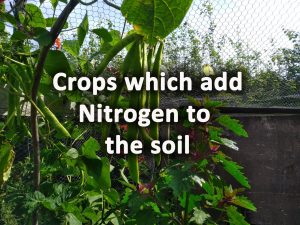
12 Crops which add nitrogen to the soil
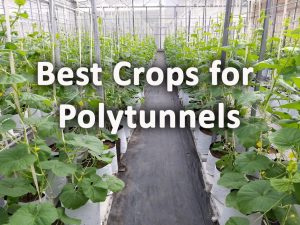
32 of the best crops for Polytunnels
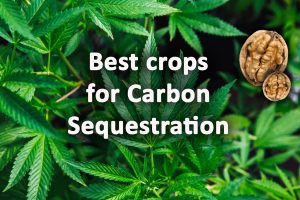
12 Best Crops for Carbon Sequestration
